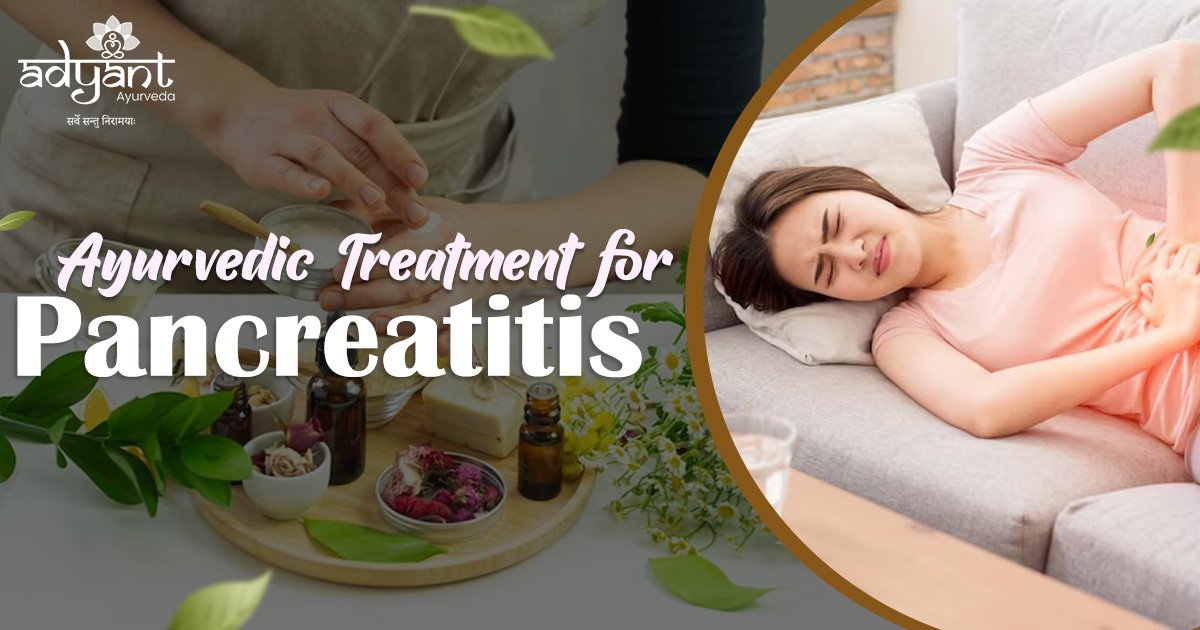Table of Contents
ToggleAyurveda for Menopause: Natural Treatment, Diet Plan, and Best Ayurvedic Medicines
Introduction
Menopause is a natural transition in a woman’s life, marking the end of her reproductive years. However, this phase often comes with challenging symptoms such as hot flashes, weight gain, mood swings, insomnia, joint pain, and osteoporosis. Conventional treatments, including hormone replacement therapy (HRT), may have side effects, making Ayurveda a safer and holistic approach to managing menopause naturally.
Ayurveda views menopause as a Vata-dominant phase, with imbalances in Pitta and Kapha doshas contributing to various symptoms. This guide explores the best Ayurvedic medicine for menopause, Ayurvedic treatment for menopause weight gain, an Ayurvedic menopause diet plan, and natural remedies for hot flashes.
What is Menopause?
Menopause is the biological process that marks the end of menstruation, typically occurring between 45-55 years of age. It is diagnosed after 12 consecutive months without a menstrual period. The transition phase leading up to menopause is called perimenopause, during which hormonal fluctuations can cause various symptoms.
What Causes Menopause?
Menopause occurs due to the gradual decline in estrogen and progesterone levels, leading to the cessation of ovulation. Other causes include:
- Natural aging process (primary cause)
- Hysterectomy or oophorectomy (surgical removal of uterus/ovaries)
- Chemotherapy or radiation therapy
- Primary ovarian insufficiency (POI) (early menopause due to genetic or autoimmune conditions)
Ayurveda’s View on Hormonal Balance During Menopause
“RajoNivrutti” In Ayurveda
In Ayurveda, menopause is known as “RajoNivrutti,” meaning the cessation of menstruation. This phase is considered a natural transition from the Pitta stage to the Vata stage of life. Ayurveda explains that hormonal imbalances occur due to disturbances in the three doshas (Vata, Pitta, and Kapha), affecting physical and mental well-being.
- Vata imbalance: Leads to dryness, anxiety, insomnia, and joint pain.
- Pitta imbalance: Causes hot flashes, irritability, and excessive sweating.
- Kapha imbalance: Results in weight gain, sluggish digestion, and water retention.
By balancing these doshas through diet, herbs, Panchakarma therapies, and lifestyle changes, Ayurveda helps women navigate menopause smoothly.
Best Ayurvedic Medicine for Menopause
Ayurveda offers powerful herbal formulations to balance hormones, reduce hot flashes, improve sleep, and manage weight gain.
Ayurvedic Medicine for Hormonal Balance
- Shatavari (Asparagus racemosus): Acts as a natural phytoestrogen, reducing dryness and mood swings.
- Ashwagandha (Withania somnifera): Lowers stress, improves energy, and supports hormonal equilibrium.
- Brahmi (Bacopa monnieri): Enhances cognitive function, memory, and emotional stability.
- Guduchi (Tinospora cordifolia): Boosts immunity and vitality, reducing fatigue.
Ayurvedic Medicine for Menopause Hot Flashes
- Praval Pishti: A cooling calcium-rich formulation that reduces hot flashes and excessive sweating.
- Shatavari Gulam: Balances Pitta and provides cooling relief from body heat.
- Sheetali Pranayama: A breathing technique that instantly cools the body.
Ayurvedic Medicine for Menopause Weight Gain
- Triphala Churna: Detoxifies the body and improves metabolism.
- Medohar Guggulu: Breaks down fat and prevents obesity.
- Punarnava (Boerhavia diffusa): Reduces bloating and water retention.
Ayurvedic Medicine for Insomnia & Mood Swings
- Tagara (Indian Valerian): A natural sleep enhancer.
- Jatamansi (Nardostachys jatamansi): Reduces anxiety and promotes relaxation.
- Brahmi Ghrita: An Ayurvedic ghee that supports mental clarity and emotional balance.
Ayurvedic Medicine for Osteoporosis & Joint Pain
- Lakshadi Guggulu: Strengthens bones and prevents fractures.
- Hadjod (Cissus quadrangularis): Enhances bone healing and density.
- Sesame Seeds & Moringa Powder: Rich in calcium, essential for bone health.
Ayurvedic Treatment for Menopause Weight Gain
Panchakarma Detox Therapies for Weight Loss
Ayurveda recommends Panchakarma therapies to eliminate toxins, balance metabolism, and aid weight loss.
- Udwarthanam: Herbal powder massage to reduce stubborn fat deposits.
- Virechana: A detox therapy that improves digestion and weight management.
- Lekhana Basti: An Ayurvedic enema to eliminate excess fat and toxins.
Herbal Formulations for Fat Metabolism
- Trikatu (Ginger, Black Pepper, Pippali): Boosts metabolism and digestion.
- Amla (Indian Gooseberry): A powerful antioxidant that enhances metabolism.
- Guggulu-based medicines: Help burn excess fat naturally.
Lifestyle Changes for Weight Management
- Daily Exercise: Yoga, walking, and strength training.
- Hydration & Detox Drinks: Herbal teas, warm water, and buttermilk.
- Kapha-Pacifying Diet: Avoiding sugar, processed foods, and excess dairy.
Ayurvedic Menopause Diet Plan
A well-balanced diet is crucial in reducing menopause symptoms and maintaining overall health.
Foods to Include
- Cooling Foods for Hot Flashes: Coconut water, cucumber, mint, coriander.
- Bone-Strengthening Foods: Almonds, sesame seeds, ragi, and dairy.
- Metabolism-Boosting Foods: Millets, barley, cumin, turmeric.
- Protein-Rich Foods: Mung dal, tofu, nuts, and seeds.
- Healthy Fats: Ghee, flaxseeds, olive oil.
Foods to Avoid
- Spicy & Processed Foods: Aggravates hot flashes.
- Caffeine & Alcohol: Disrupts hormonal balance.
- Sugary & Refined Foods: Leads to weight gain and insulin resistance.
Ayurvedic Eating Guidelines
- Eat at regular intervals to maintain digestive fire (Agni).
- Use digestive spices like cumin, coriander, and fennel.
- Avoid late-night eating to prevent metabolic slowdown.
FAQs About Ayurveda for Menopause
1. Can Ayurveda completely cure menopause symptoms?
Ayurveda helps in managing and reducing menopause symptoms naturally by balancing doshas, but menopause is a natural biological process that cannot be “cured.”
2. How long does Ayurvedic treatment for menopause take?
The duration varies based on individual symptoms. Significant relief is often observed within 3-6 months of consistent Ayurvedic treatment.
3. Is there a specific Ayurvedic diet for menopause?
Yes, a Kapha-Pacifying diet rich in fiber, calcium, and cooling foods is recommended for managing menopause symptoms.
4. Which Ayurvedic therapy is best for hot flashes?
Praval Pishti, Shatavari, and Sheetali Pranayama help cool the body and reduce hot flashes.
Conclusion: Ayurveda for Menopause Relief
Ayurveda provides a safe, natural, and holistic approach to menopause, addressing symptoms at their root cause. By using the best Ayurvedic medicines for menopause, Panchakarma detox therapies, and a tailored menopause diet plan, women can experience a smooth transition into this new phase of life.
Experience expert Ayurvedic care at Adyant Ayurveda. Book a consultation today!









